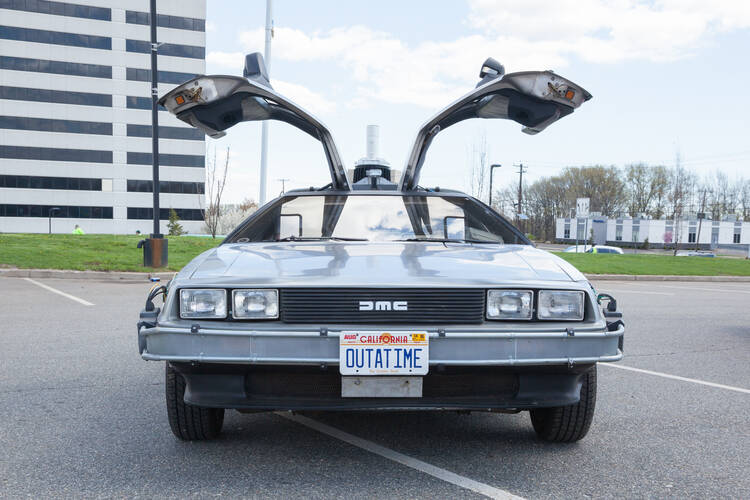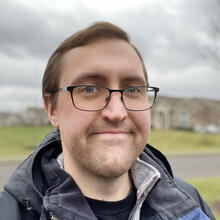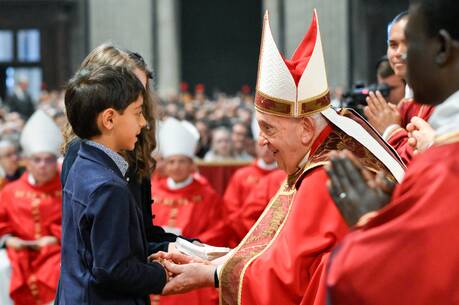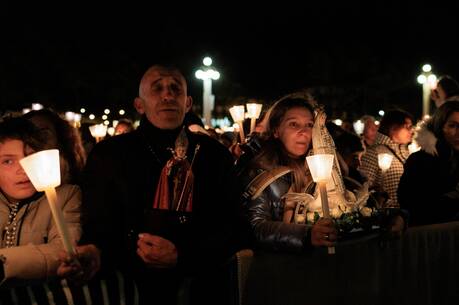Editor’s note: Join John Dougherty for a discussion of this and other films by visiting the Catholic Movie Club on Facebook.
July is Blockbuster Month at Catholic Movie Club, and this week we’re moving into the ‘80s with Robert Zemeckis’ “Back to the Future”(1985).
The first in a wildly successful trilogy, “Back to the Future” follows Marty McFly (Michael J. Fox), a teen who accidentally travels back to 1955 in a time machine invented by his friend, eccentric scientist Doc Brown (Christopher Lloyd). While there, he meets his own parents (Crispin Glover and Lea Thompson) as teenagers and accidentally disrupts the event that made them fall in love, imperiling his own existence. Stuck without time machine fuel, he has to find a way to bring his parents together and get… well, you read the title.
“Back to the Future” teaches us that, while it’s dangerous to dwell on the past, it’s good to visit every now and then.
While the point of many time travel stories is that you can’t change the past, “Back to the Future” takes the wish fulfillment route: You can change things, sometimes for the better (or worse, an idea the sequels build on). Marty only alters history in modest ways; the biggest change that happens on his journey is to how he sees his parents. In the present, his dad, George, is a spineless nebbish who works for his high school bully, Biff (Thomas F. Wilson, a practicing Catholic!); and his mom, Lorraine, is a bitter alcoholic. In 1955, however, Lorraine is vivacious and fun-loving, and George reveals a secret passion for writing science fiction. For the first time, Marty has to reckon with his parents as people, with imperfections, fears, hopes and surprising moments of courage. He even learns to appreciate them more as parents, passing on their own advice (which he once rolled his eyes at) to their younger selves.
Marty travels to the past in a modified Delorean, but the only way we can time travel is through our memory. While that might not be as cathartic as getting to physically relive our glory days, it can be a way to learn new lessons from the past. It can even be a way to encounter God: By prayerfully reviewing our memories, we reoccupy our pasts and seek to become more aware of the sacred moments that we might have missed.
When we engage in prayerful memory—as we do in the Examen, a Jesuit prayer that invites us to review our day guided by the Holy Spirit—we can gain new perspectives on the people around us, just as Marty does. Instead of stewing on a negative interaction with a prickly coworker or a flighty family member, we review those moments with compassion, to imagine the motivations of other people with charity, and hopefully come to a better understanding of them.
Reflection can also teach us something about ourselves: Just as Marty hears an echo of his own fear of artistic rejection in his teenage father, we might realize that many of the things that annoy us most about others are the things we dislike most about ourselves. “Back to the Future” teaches us that, while it’s dangerous to dwell on the past, it’s good to visit every now and then. With honest reflection, and the help of the Spirit, we can return to our own time better prepared to face the present, and the future, with love and grace.
“Back to the Future” is streaming free with ads on Freevee, and is available to rent or buy on Amazon Prime and Apple TV+.








